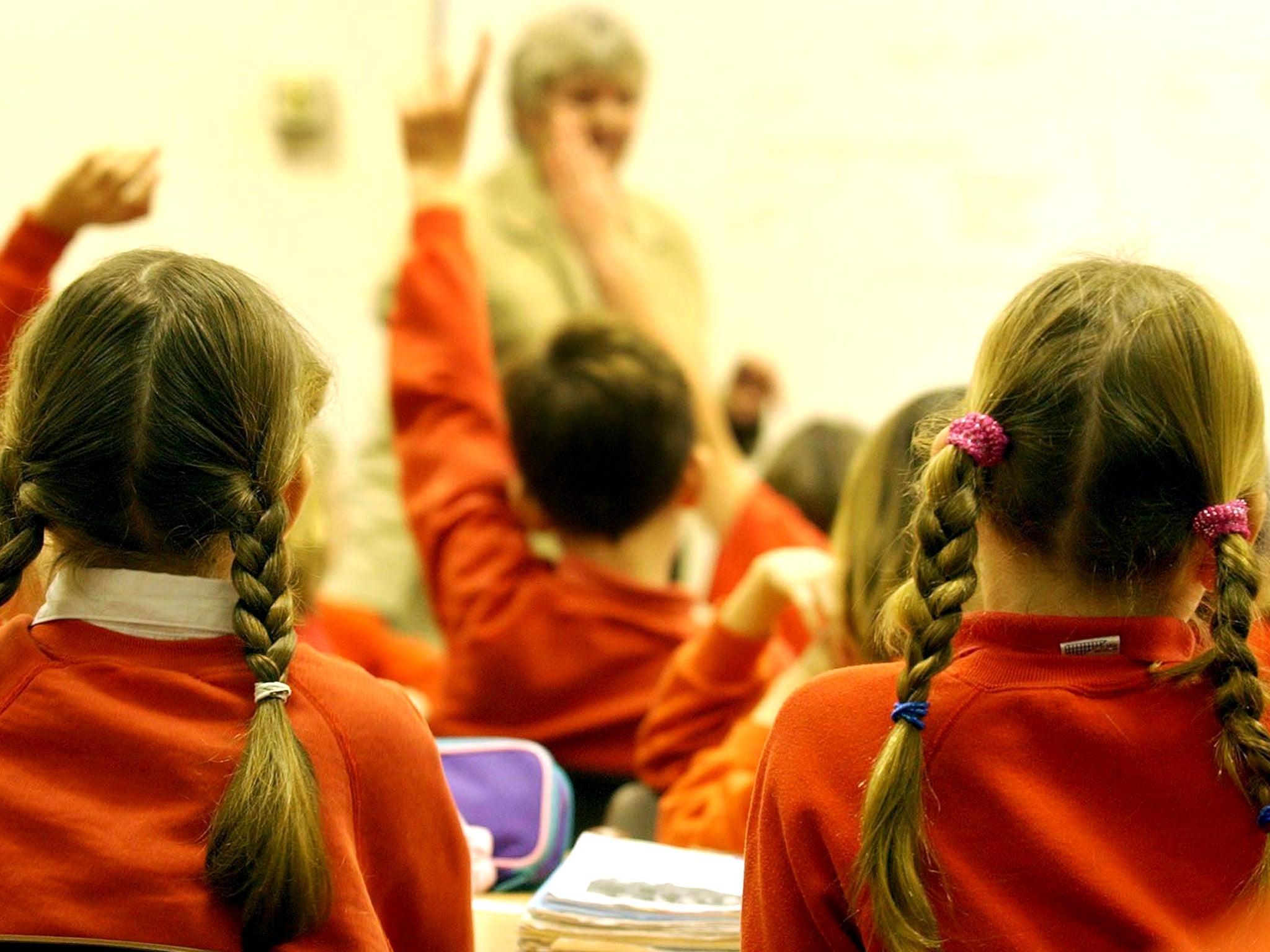Crisis in primary places as one in seven children fail to win admission to their first choice school

Teachers' leaders warned of a crisis in primary school places on a day when thousands of parents had to face up to the disappointment of not getting their child into their first-choice school.
A poll of more than 50 local councils indicated that around one in seven parents - nearly 86,000 - failed to win a place at their first choice school.
In Kensington and Chelsea, the figure was 39 per cent, while parents in other London boroughs also fared worse than the rest of the country. In Lambeth, south London, the figure was 21 per cent, and in Hammersmith and Fulham it was 25 per cent.
Today saw the first "national offer day" for primary schools with all parents being told of the success or otherwise of their applications at the same time. Those who asked for the result by email received it today, while letters will be dropping through letterboxes around the country to the rest tomorrow.
It looked last night as if more parents had failed to gain entry to their first choice schools prompting widespread speculation that there would be a growth in appeals.
This was largely down to a bulge in the birth-rate this year. in London, for instance there were more than 100,000 applications for places for the first time ever.
Dr Mary Bousted, general secretary of the Association of Teachers and Lecturers, said there was a "crisis" in primary school places. "We know local authorities simply haven't got the mechanism and haven't got the ability to plan for an increase in school places," she added.
New schools would only be approved if they were free schools, and often they had difficulty in finding a site for their new schools.
"They [the Government] have prevented local authorities from building primary schools, and they have left it to the market of free school providers and academies," she said. "It is not surprising there is a crisis in primary school places."
Tristram Hunt, Labour's Shadow Education Secretary, said the Government had failed in its duty to provide enough good places for every primary school child. It had given priority to the free school programme which had "diverted" two thirds of new places away from the areas of greatest need.
Instead of, as promised by Prime Minister David Cameron, small schools and smaller class sizes, the number of children in classes of more than 30 pupils had trebled.
However, a spokeswoman for the Department for Education stressed: "We increased the number of good school places by tackling under-performance and opening new free schools and academies.
"We have also more than doubled to £5 billion the funding available to councils to create new school places and allowing good schools to expand without the restrictions and bureaucracy they faced in the past."
Meanwhile, a breakdown of figures supplied by councils showed a majority of councils reporting that the numbers unable to access their first choice school are growing. In Poole, Dorset, the percentage getting their first choices dropped from 93 per cent last year to 84 per cent this year.
Nationally, as many as one in five parents in some parts of the country are likely to be disappointed. In Bristol, the figure has risen from 14 per cent to 18 per cent, while Brighton's went up from 16 per cent to 17.5 per cent.
Elsewhere, the picture is mixed, with East Sussex, Derbyshire and Leicestershire reporting an increase in disappointed parents while Darlington, Durham, Stoke-on-Trent, Hull, Rutland and Windsor and Maidenhead recording a rise in the numbers gaining places in their first choice option.
Local authority leaders have said they are confident they will be able to provide a place for every child.
Labour, though, has warned that parents' appeals against being refused a place are less likely to be successful because more schools are oversubscribed as a result of the increase in the birth rate.
Some schools have already built extra classrooms to accommodate more pupils, sometimes at the expense of space previously earmarked for libraries or children's play.
Disappointed parents now have 20 days from the receipt of their offer to lodge an appeal. They can only succeed if parents can prove schools have broken their own admissions rules or that the decision was unreasonable.
In the past, around 15 per cent of appeals have been successful.
Join our commenting forum
Join thought-provoking conversations, follow other Independent readers and see their replies
Comments
Bookmark popover
Removed from bookmarks